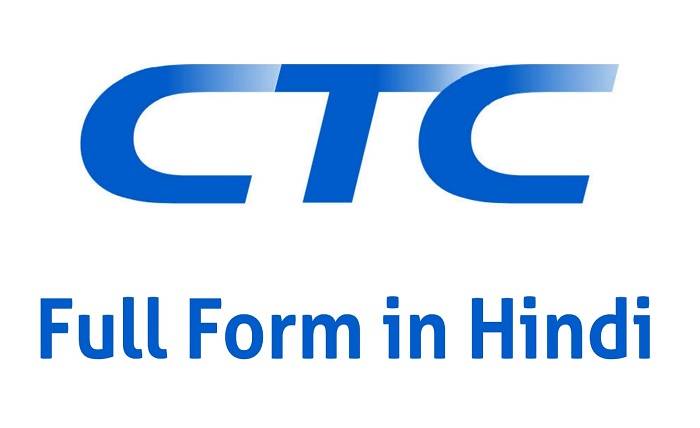
If you are wondering what CTC means in English, you’ve come to the right place. CTC stands for Cost to Company, and it is the total cost of an employee’s annual package. It covers everything from medical facilities to a travel allowance. While the cost to the company may be similar to a salary, it is actually a different concept. Let’s break it down. What is CTC?
CTC stands for Cost to Company, and it is the full form of the salary package for most private Indian companies. It includes basic salary, House Rent Allowance, Basic Allowance, and Medical and Communication Benefits. The CTC also covers Provident Fund, Pension Fund, and Gratuity. Every single payment made to an employee is considered a CTC. This includes every single payment that is made to the employee.
In many cases, the CTC may be less than cash-in-hand. The CTC is dependent on a number of factors, including the educational qualification of the employee. For example, the CTC that an employee receives today might be less than the salary they received in their previous position. The current salary, while it may be less, is determined by the employee’s cost to the company. Many companies also offer extra inclusions, such as bonuses, to employees.
The full form of CTC is cost to the company, which is an employee’s total salary package. It includes monthly, quarterly, and annual components of a person’s salary, such as EPF, gratuity, house allowance, food coupons, medical insurance, travel expenses, and more. Obviously, the cost to the company is not the same as the in-hand salary, but the cost to the company is.
In general, CTC is the total cost to the company, and is a measure of the total compensation an employee receives. While salary is the sum of an employee’s gross salary, CTC is the total amount of their salary package – both before and after deductions – which is what constitutes the total cost to the company. The CTC equation below shows how these two terms are related. So, what is the full form of CTC?
The in-hand salary is the total income after taxes, private funds, and incentives. Other types of compensation are often included in the CTC. A majority of the amount is comprised of “direct benefits” – which are paid by the employer and are included in the employee’s take-home pay. Indirect benefits, on the other hand, come in the form of “intangible” benefits. These are benefits the employee receives but does not pay for.




